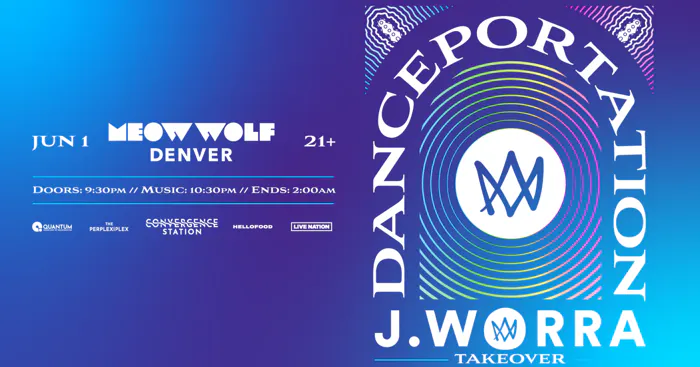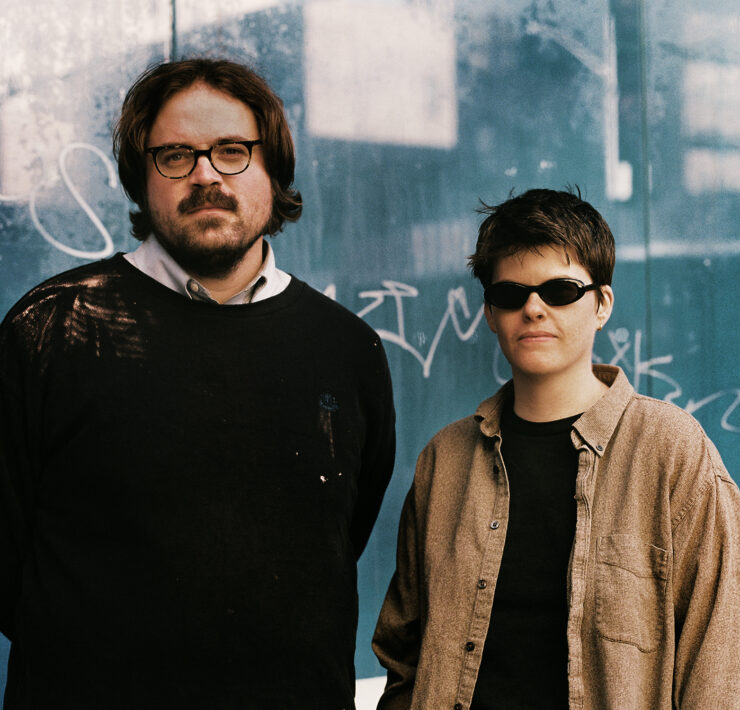Breaking the Barrier: Black and Pink Keep Queer Prisoners Connected

Kate Dooley is an MA student at the University of…
At the age of 27, Dominique Morgan, a queer, black man from Nebraska, had just finished his eight-year sentence in prison—eighteen months of which he spent in solitary confinement. Today, as the national director of Black and Pink, Morgan has the opportunity to provide resources for a community of more than 16,000 LGBTQ incarcerated prisoners.
As a prison abolitionist organization, Black and Pink offer support to LGBTQ and HIV-positive prisoners through newsletters and various programs aimed at building relationships both within and outside of penitentiary walls.
Over a decade ago, the foundation of Black and Pink planted their roots with a pen-pal program when founder Jason Lydon, a formerly incarcerated person, continued to write to his former cellmate consistently. Lydon understood communication and relationships tend to conclude once peers finish their sentence. While the connections created through these intimate letters are appreciated, once people integrate themselves back into society it becomes difficult to take the time to write to their former cellmates.
However, Lydon persevered. It didn’t take long for people to join him, and eventually, with the help of volunteers, Black and Pink grew into the organization it is today.
“One of the best things you can do for somebody is to show them the power in their story,” Morgan said.
Through creating a safe space for queer people who have experience with the prison industrial complex, Black and Pink’s focus on intersectionality brings people together in the fight towards abolishing an abusive system.
“There are so many assumptions that queer spaces are so inclusive and people wonder why we still have to fight,” he continued. “When we say queer we mean white, cis, male, between 18-30, we mean a certain body shape, and we mean a certain access to funds. If you’re outside of that, your bad, try to fit in where you can.”
Black and Pink was formed from a necessity to create a place not contingent on a monolithic experience.
While there has been major progress over the past decade, people are still unable to recognize the injustices taking place if they do not directly affect themselves or their community. With discrimination happening daily both within and outside of institutional spaces, Morgan works to make the LGBTQ incarcerated community feel safe, supported, and loved.
Alongside the pen-pal program, the organization focuses on other forms of community-centered organizing, such as a newsletter, bond bail out assistance, and court support. Black and Pink aims to connect incarcerated prisoners with their surrounding community.
But like many other LGBTQ and HIV awarness organizations, Black and Pink encounters microaggressions within some prisons, as the administrations unofficially refuse to distribute their material because of “improper” content. This information, supplied mainly by community-member donations, typically of $5-$10 dollars, costs them nearly $80,000 a year to create.
“It surprises me the lengths that these systems will go to separate individuals who are incarcerated from individuals in the community who care about them and want them to be successful,” Morgan said. “If the true goal is to rehabilitate folks and give them an opportunity, then you cannot do some of these things, or ask them to do this and not have a strong village around them. Village does not mean perfect; it just means people who want the best for them and are going to stand by them. Sometimes that may be the person that was their cell-mate five years ago who’s doing really great now, and they can look at them and see the path of greatness. Why remove anything that is going to help these folks be successful and therefore contribute to their community? This is what the system is supposed to be about.”
Regardless of these hindrances and the current political climate’s effects on the LGBTQ community, Morgan is focused on widening Black and Pink’s reach into 2018 to include programs dedicated to LGBTQ incarcerated youth and creating more chapters across the U.S.
During a time where there has been a heightened sense of fear among disenfranchised identities, Morgan concentrates on the positive changes he’s seen since Trump took office last fall.
“Honestly, I think the effects of the Trump Administration are the most beneficial things that have happened to marginalized communities in a long time,” he said. “We’re in this space now where nobody is safe. Nobody is safe. When you look at something and know it’s wrong, you cannot unsee it. A lot of the time folks act like it’s not there and the Trump Administration is making folks say, ‘It’s here, it’s in front of us,’ and I’m hoping it’s a call to action on a daily basis. We’re a year in and I think we have seen great change in spaces, and I’m excited to see what happens a year from now and how we start saving ourselves.”
With ten chapters spanning nationwide and growth already underway for the new year, Morgan reiterated that Black and Pink’s major goal is “Letting people know we care and they’re not forgotten.”
“It’s really important to continue to keep that spark of humanity lit in institutional spaces.”
What's Your Reaction?
Kate Dooley is an MA student at the University of British Columbia in Vancouver. Originally from Boulder, Colorado, she enjoys writing about political activism, queer liberation, and feminist issues. She's a spooky Pisces with a penchant for good coffee and bad art.










